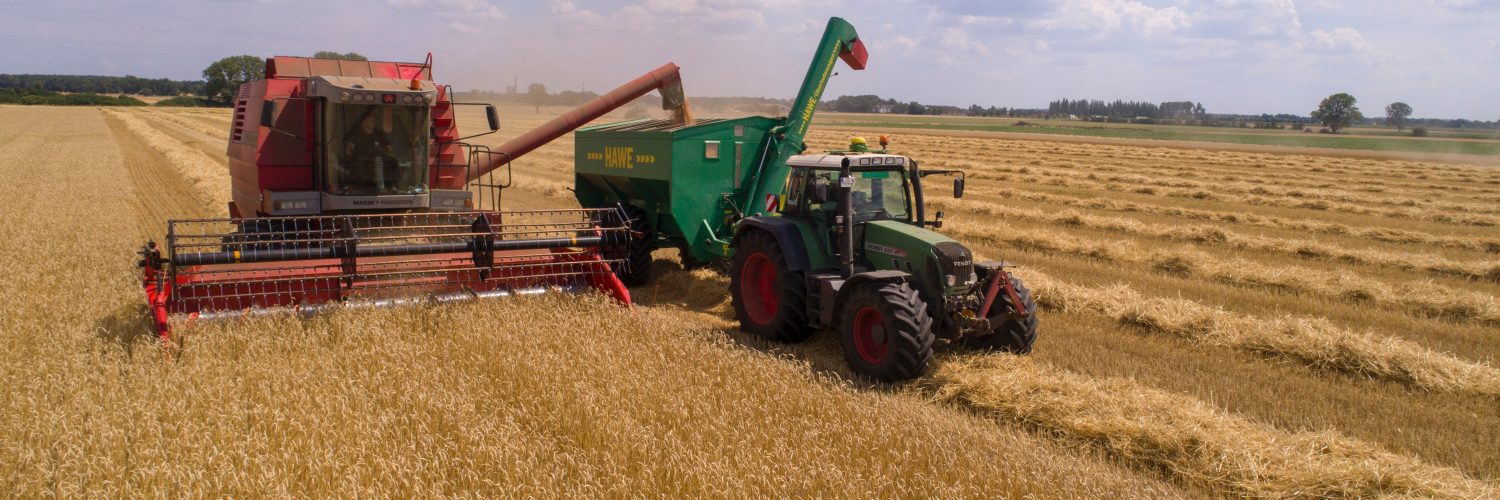Automation has changed the way business is done for decades. From assembly lines at vehicle factories to putting caps on toothpaste tubes to packaging Amazon boxes in fulfillment centers, robots, artificial intelligence, and other automation-based technologies have been driving innovation in a number of industries. It’s only natural that it would find its way into an industry that has been primed for change: agriculture.
Since Arizona’s economy is heavily dependent upon agriculture—be it food or animal farming—anything to improve production and boost efficiency sounds like a solid plan. But beyond boosting the business of agriculture, automation is also helping researchers develop innovative new farming techniques to support farmers and major corporations.
At the Maricopa Agricultural Center, a 2,100-acre research farm in Maricopa, researchers from the University of Arizona College of Agriculture and Life Sciences school are fine-tuning what’s known as precision agriculture.
Through the increased use of technology, agriculture researchers and practitioners are looking to do everything from boost food production to finding workforce solutions, saving time and money in a demanding industry.
“The landscape has shifted. There is a crisis for available talent in every industry, including agriculture,” said University of Arizona Maricopa Agricultural Center director Malcolm Green. “I find it ironic when people are worried about automation eliminating jobs, when there’s actually a void of people willing to work. We actually need to accelerate the economic adoption where we can with automation solutions.”
The Maricopa Agricultural Center acts as a testing ground for farming technology, trying out machines like planters that can adjust how deep it plants seeds by using data from a field’s soil composition. That data is programmed into the automated equipment and collected by other machines that are equipped with sensors, cameras, and navigation systems that then apply precise cropping paths, cutting down on any excess production loss.
This kind of data, automation, and technology can serve major benefits for farmers in the industry by narrowing down areas in fields that use up too much pesticide or fertilizer due to overuse or machines missing their targets.
“Part of this is a digestion of data to improve decision making and put boots on the ground of operators with a variety of backgrounds,” said Green. “We want to know how we can have expertise right on the spot. It’s not just about the tech, it’s about how do we transfer and make usable this technology at a practical level.”
Precision agricultural applications are not new. In fact for many years farming practices have incorporated technologies such as autonomous navigation, GPS tracking and satellite imagery to optimize planting, growing and harvesting of crops.
The center, while planted in Maricopa, and based out of Tucson, looks to solve issues for each region of the state, all experiencing their own problems within the agriculture landscape.
“Central Arizona has a huge problem with irrigation water supply (which is getting worse every year). Yuma growers do not face the same constraints in water availability, but rather on water quality (i.e. biological contamination such as E. Coli),” said Pedro Andrade Sanchez, Associate Specialist of Agricultural-Biosystems Engineering.
The literal proving grounds in Maricopa are another wing of the University of Arizona’s efforts to boost agriculture and put more stock in the future of farming. The university’s Go To Market Initiative, for example, bridges the UofA with the Yuma Center of Excellence for Desert Agriculture, providing students with learning and venture opportunities while focusing on a future in the agriculture industry.
Students in the two-semester program, which puts students up-close with date crops and pollination, focus on developing methods to ease date pollination that can then be commercialized.
















Add comment